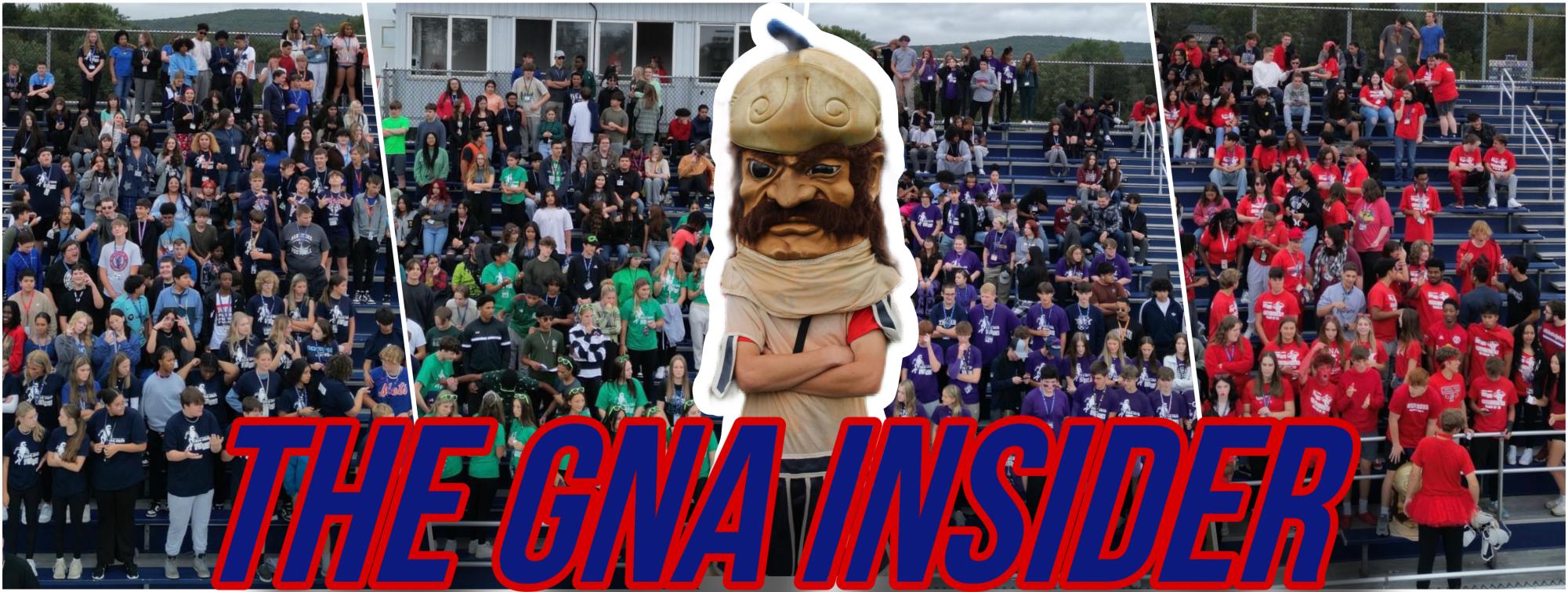Mark Zuckerberg testifying before Congress
This week, CEO, Chairman, and co-founder of Facebook, Mark Zuckerberg, fielded roughly 600 questions as he testified to Congress about Facebook’s handling of user information. This public questioning comes in the wake of a massive data leak in which a political consulting firm, Cambridge Analytica, improperly obtained the user information of up to 87 million Facebook users. After two hearings, one in the Senate and one in the House, which took 10 total hours spread over two days, here is what we know.
The Senate hearing took place in front of two committees, the Senate’s Commerce and Judiciary committees, which had 44 members between them. Having a joint committee hearing, nevermind one involving one which has so enamored the public eye is extraordinary, but as Sen. John Thune (R- S.D.) points out, “But then, Facebook is pretty extraordinary.” The issue being raised by the committees, and therefore the subject of the questions being fielded, is that through 300,000 Facebook users using a quiz game app, Cambridge Analytica was able to find the user data of 87 million. To put that into perspective, by some means or another, one person consenting to this particular app cataloging his or her data allowed for nearly 300 other people also getting their information recorded.
According to Sen. Thune (R – S.D.), this occurred not as a typical data breach, but rather by exploiting the tools already present in Facebook which are intended to manipulate users’ information. Sen. Thune acknowledged that he, among others, recognize the steps that Facebook has taken and will take to stop third parties from gathering information in such a manner, but also raises the concern that this will simply make information more exclusive for Facebook to market. In his opening statement, Mr. Zuckerberg issues an apology and accepts responsibility for the negligence of the company which he founded and details exactly what steps Facebook has taken since the data breach to protect user data.
Firstly, Facebook is investigating exactly what Cambridge Analytica did, such as how they got the user data, and will be informing any affected parties of their findings. According to Zuckerberg, Cambridge Analytica claimed at first that they had deleted the data, but later reports proved that false. Since then, Facebook has been working with the governments of the US and UK in order to perform a full audit. Secondly, Facebook is investigating apps that have access to large amounts of data and ensuring that said data is not misused. If said data is misused by the app, then the app will be hit with a ban from Facebook and the users affected will be informed. Facebook is also taking preventative measures by limiting the amount of data that apps are privy to.
In response to this massive data leak, Mr. Zuckerberg says that Facebook as a company is facing an entire philosophy shift:
“What I think we’ve learned now across a number of issues — not just data privacy, but also fake news and foreign interference in elections — is that we need to take a more proactive role and a broader view of our responsibility.
It’s not enough to just build tools. We need to make sure that they’re used for good. And that means that we need to now take a more active view in policing the ecosystem and in watching and kind of looking out and making sure that all of the members in our community are using these tools in a way that’s going to be good and healthy.
So, at the end of the day, this is going to be something where people will measure us by our results on this. It’s not that I expect anything that I say here today — to necessarily change people’s view.
But I’m committed to getting this right. And I believe that, over the coming years, once we fully work all these solutions through, people will see real differences.”
Another point which some time was spent on was the Russian cyber attacks and disinformation campaigns. Russia has been known to open Facebook accounts run by automated bots which post and support views that align with Russian influence. These propaganda bots can be a threat to the integrity of a democratic election as their intent is to shoe a voting population into a certain belief and to vote for a certain candidate. This allows a foreign power to hold influence over a country’s election. With how important democracy is to the Western world, this is understandably something to be avoided and combated.
Facebook has developed their own automated security bots to detect and flag potential bot accounts for review by Facebook’s security and content review team (which is due to be expanded by 20,000 personnel) . Of course, these bots don’t just target Russian bots, but offensive or hateful content in general as well as fake accounts, which are banned as per Facebook’s Terms of Service. Posts from groups such as ISIS or Al-Qaeda are often removed before anyone sees it and during recent elections in Germany, France, and Alabama, misinformation bots were taken down before any harm could be done.
If any reader is curious, here is a transcript of Mr. Zuckerberg’s senate hearing (April 10): https://www.washingtonpost.com/news/the-switch/wp/2018/04/10/transcript-of-mark-zuckerbergs-senate-hearing/?utm_term=.04d64c2e92f3

My name is Liam Carcieri. This is my junior year and second year of writing for "The GNA Insider." I am a dual enrollment student and a member of the Upward...







